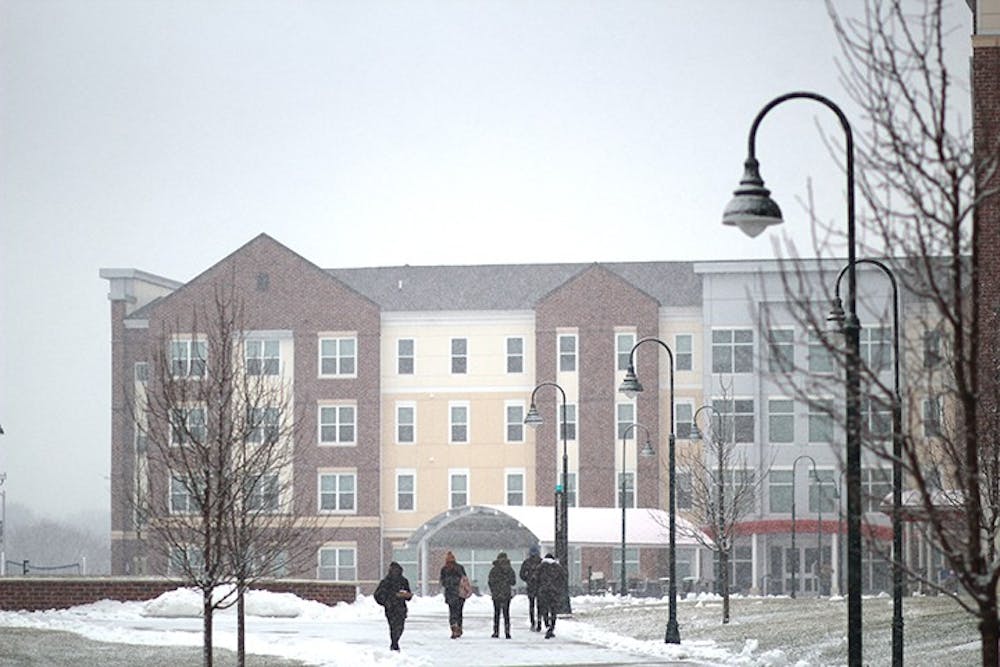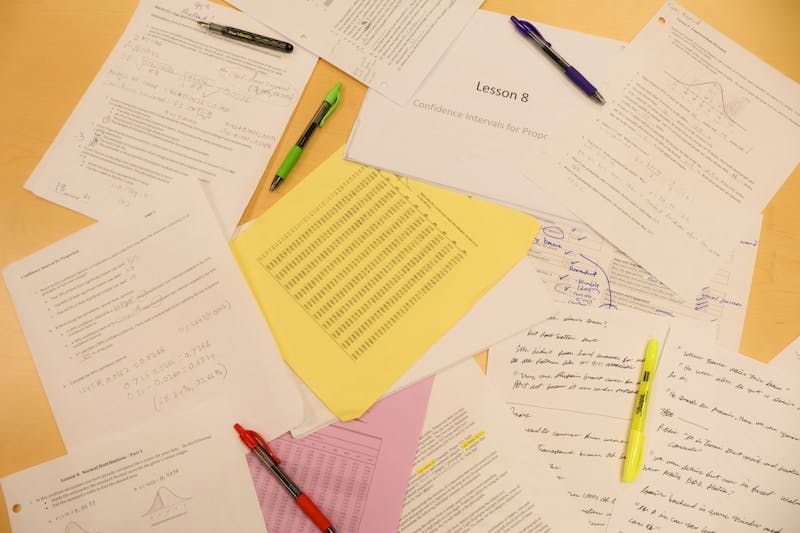Last week a chilling polar vortex enveloped North America, dropping temperatures in the Midwest as low as - 60 degrees Fahrenheit.
This deep freeze slowed the operations of daily American life to a pause, with schools and workplaces across the country closing up shop until the cold weather passed. The absurd cold even drew the attention of President Donald Trump who said in a Jan. 28 tweet:
“In the beautiful Midwest, wind-chill temperatures are reaching minus 60 degrees, the coldest ever recorded. In coming days, expected to get even colder. People can’t last outside even for minutes. What the hell is going on with Global Warming? Please come back fast, we need you!”
Yet again our commander-in-chief touts his ignorance on basic atmospheric science, but his stance begs a larger question.
Is it our responsibility as members of society to get educated on climate change? And if so, is it our responsibility to act on what we know?
Americans are generally less educated on climate change than their counterparts in foreign nations, which may be linked to other characteristics of American society.
Americans are considerably more individualistic than other societies. This means they accredit the majority of an individual’s life outcomes to the individuals choices, and reject the idea that people are products of their society.
This belief is reflected in the deferment of responsibility for addressing societal issues.
By accrediting the outcome of each individual to no one but themselves, they make addressing larger societal issues someone else’s responsibility, and addressing them someone else’s prerogative.
This is somewhat contradictory, as Americans are individualistic as much as they are empathetic.
In terms of climate change in particular, the “accessibility” of being green is the easiest out for many members of society. It seems unfair to ask individuals who are barely meeting their basic hierarchical need for health to prioritize living green, which can often be more expensive and inconvenient.
In this way they excuse the less fortunate from the responsibility of living green and, instead, place the burden on those who are financially able to live green.
This constant shifting of blame and responsibility is extremely irresponsible and negatively impacts our ability to address climate change for the problem that it is.
It is crucial that every American accepts his or her individual role against climate change rather than bumping the responsibility to someone better off, someone more educated or someone with more resources.
It is true, not everyone has the same accessibility to a green lifestyle.
However, this is no excuse. The responsibility of addressing climate change is on the shoulders of every member of American society.
Although the size and weight of their role may vary, it is imperative that all people must do what they can with what they have, should we ever hope to make a meaningful impact in reducing climate change.



The Slate welcomes thoughtful discussion on all of our stories, but please keep comments civil and on-topic. Read our full guidelines here.